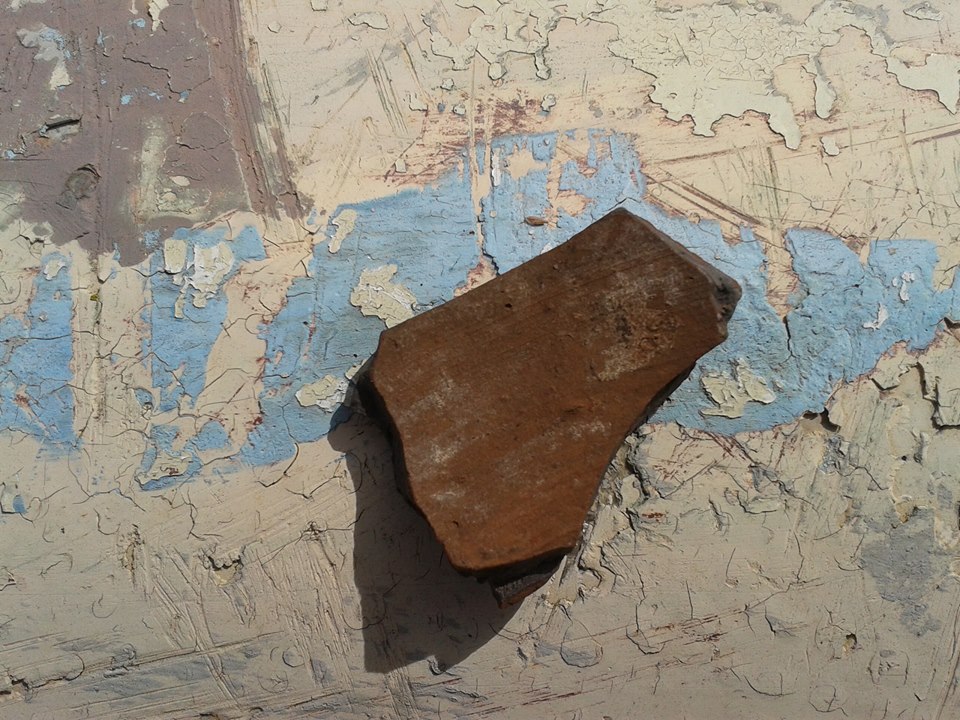How were gauls during ancient times? What were the ancients uses of this population and what we know now about them?
If you want to know more about Gauls you can just read the description that the same Julius Caesar made of them in his book “De bello Gallico“.
Throughout Gaul, there are two classes that are held in some account and consideration. In fact, the plebs are considered as a class of slaves, which is not heard by anyone, is not called for any decision. And the majority, oppressed by the debt or by the magnitude of the tributes or by the injustice of the powerful, are given to the nobles in slavery, who apply the same rights over them as the masters have over the slaves. Therefore, of the two classes belong in one the druids, in the other the knights. Those who take care of religious worship, preside over public and private sacrifices, regulate religious practices: a large number of young people come to learn (from the druids), who among those (the Gauls) enjoy so much honor. In fact they resolve the public and private controversies and, if some crimes have been committed, made a killing, both by inheritance and by the controversy of borders, they are always to decide, establish reparations and fines; if anyone is public or private, they do not follow their law, they forbid them to make sacrifices. With them, this penalty is very serious. Those who have been affected by this sanction are considered impious and wicked, all move to their sight, they avoid them, they do not speak to them, in order not to have any illness to their contact, they are not given their justice, they are entrusted no charge. For all the druids there is a leader, who has the highest authority. This is dead, or he takes his place who precedes the remaining for dignity, or, if they are more than one on a par, there is the vote of the Druids, even if they contend the principality with weapons. In a certain period of the year they gather in a consecrated place, in the territory of the Carnuti, which is considered the center of the whole kingdom of Gaul. Those who have controversy, come here and stick to their decision and verdict. The doctrine is believed to have been born in Britain and then taken to Gaul, and now those who want to know the doctrine go there in order to educate themselves.
